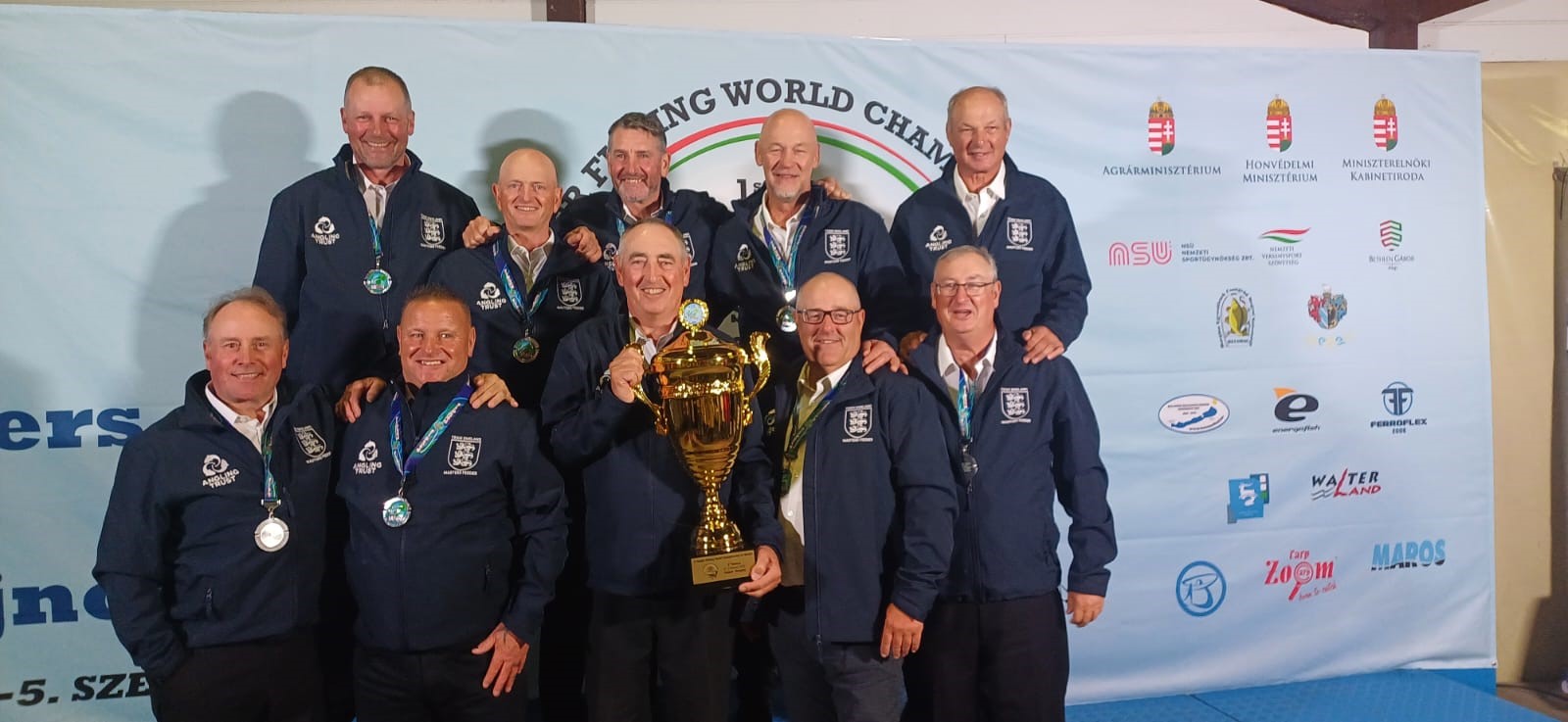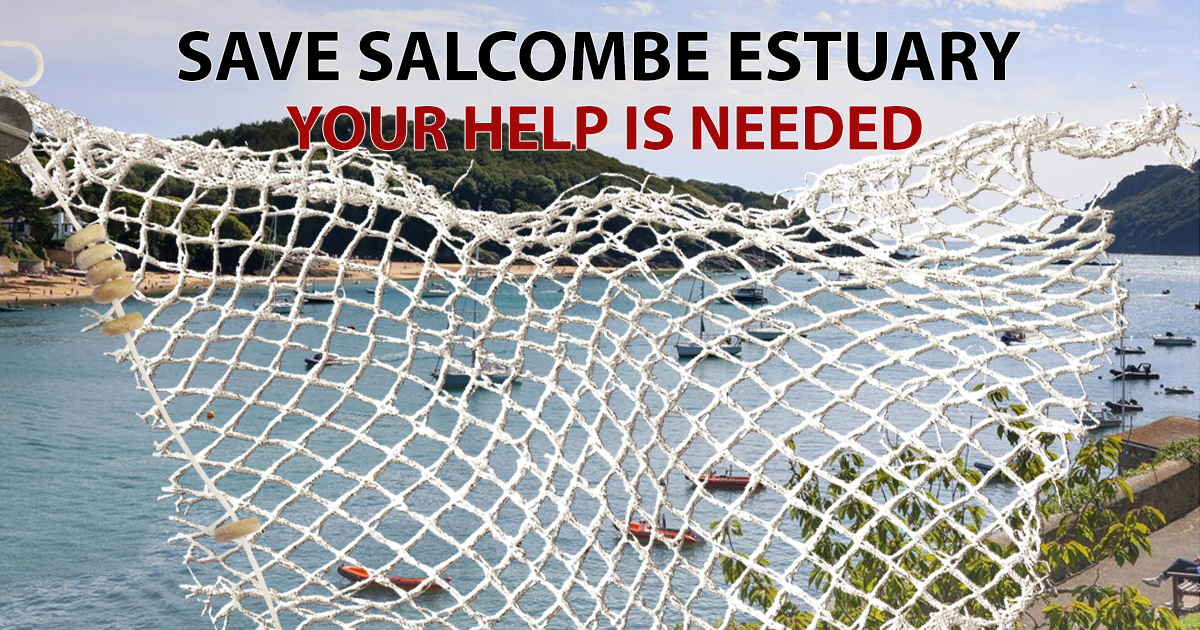
Beyond the Breakers
The netting that threatens Salcombe – What you can do about it
Our latest in a series of articles focusing on the very real risk of a net fishery being granted within the entirety of Salcombe Estuary focuses on answering the question: What can I do about it?
Whilst we, the Angling Trust, have dedicated significant time and effort alongside our friends at the National Mullet Club, Wyvern Region and Bass Anglers Sportfishing Society, into forming a strong and unequivocal rejection of the proposals put forward by the byelaw and permits sub committee (B&PSC) of the Devon and Severn IFCA, the need to mobilise individual anglers and other interested stakeholders has never been more important.
If you need to catch up on some of the background before reading further, check out our last update on the issue, which you can find here.
We’ve frequently been asked how individuals can get involved, and whilst the ultimate aim is a consultation response from each and every vested angler or other water user, there’s many other ways in which you can get engaged and aid towards the desired outcome.
We’re listing each of those options here, with additional details to help you take that action, including pointers on the key areas to focus on when drafting your own consultation response.
1. Raise awareness.
It can never be understated how valuable a share on social media can be, a comment on a post, or even raising the topic in discussion in your local tackle shop or at a fishing club meeting. Such is the threat at hand, you should take every possible opportunity to bring it into conversation. You never know what other interests a person may hold and they may become inspired into leaving their own response to the consultation because of you bringing it to their attention.
If there is anything holding you back from drafting your own consultation response, taking a few seconds here and there to share relevant posts or ask people if they are aware of what is going on really does add a lot of value.
2. Read the minutes from the B&PSC meeting
It is vitally important to understand how this even came about. It’s astounding to think that an IFCA progressive enough to pass a byelaw banning all estuary netting can row back on that within just 4 years. Of massive concern is that this proposal follows an earlier consultation, where the feedback was overwhelmingly in support of continuing protection of the estuaries. Just one respondent, a commercial fisherman who happens to sit on the B&PSC, proposed commercial netting to take place within an estuary off the back of that consultation, yet his massively outnumbered response has led to a series of proposals to be voted on following this consultation.
You can read the minutes in full here.
3. Know who the members of the B&PSC are
Create some accountability by knowing who is voting on this proposal. You may even discover that you know one or more of the B&PSC members.
These are the people who will be voting on the future of Salcombe Estuary, and whilst there are a wide array of very valid reasons to oppose the fishery, responses should be tailored as much as possible towards the audience. Fortunately, the IFCA lists all of their members and interests. The ones of note are those with B&PSC next to their names. You can find the list of members here.
4. Consider writing to or emailing the Duchy of Cornwall to express your disapproval of the proposals
The Duchy of Cornwall owns the seabed within Salcombe Estuary and, as such, will need to give express approval for the activity to proceed in the event that the members of the B&PSC vote in favour.
The Duchy owns various coastal and estuary waters in the South West and grants approvals for a number of business activities, including that of the commercial fishing sector. As such, it can not be taken as a given that the Duchy will reject the request. It is very much the case that we will need to convince the Duchy that the greater business interests lay in rejecting the proposal and that the tourism sector Salcombe attracts through various water based sports will be jeopardised if they are to approve the fishery.
You can email the Duchy at: [email protected]
5. Join our online angler engagement forum on the 04 January
We think we have a good grasp of this situation, but new lines of enquiry open daily following conversations with individuals. We want to bring that conversation together to inform our own response and aid you in making yours.
We will work through the details of our response, more detail on how you can support this and field a Q&A session. It’s vitally important that we present a show of numbers.
You can sign up to the forum here.
6. Submit your own response to the consultation ahead of the 19th January
We’d urge you to attend the above forum before submitting your response, as it may allow you to add additional detail. Responses must be sent to the Devon and Severn IFCA by the 19th January.
This is not about your ability to write an essay. So long as you can get words down that express your view, it will add value.
You can contact the IFCA with your response:
- via email – [email protected]
- write to them at: D&S IFCA, Brixham Laboratory, Freshwater Quarry, Brixham, TQ5 8BA.
- Call them to find out more about the formal consultation – 01803 854648 (Extension 856)
The IFCA states they would like the following addressed within consultation responses:
- Your name and contact details
- What interest do you (or your organisation) have in netting activity and this review?
- How were you made aware of this formal public consultation?
You’ll note that the consultation also deals with netting activity on the Emsstrom and a few other items. You are welcome to respond to all, but the crux of our response will deal with ‘Topic 1: The opening of a fixed net fishery in the Salcombe Estuary’. You may wish to identify at the start of your response if this is the sole point on which you are replying.
Our further suggestions on what you should address in your consultation are are follows, and more detail will be given on each of these items in the forum we are hosting on the 4th January.
- The economic value of your own activity within the estuary
Whilst quantifying such spend can be tricky, look to any figures you can. For angling activity, what do you spend annually on fishing the area? Home in on the specific mullet, bass, flounder and gilthead fisheries. Are you local? Do you travel? Are you bringing additional tourist spend to the local community?
- Have you focused angling efforts on Salcombe because of stock reductions elsewhere?
Have you switched any fishing efforts to Salcombe because of the better stock management than elsewhere? For instance, have your flounder efforts in the winter moved from places like Poole harbour, where numbers have rapidly decreased in line with increased netting activity?
- Address the rationale the IFCA give themselves
It’s really key to challenge the rationale the B&PSC have themselves proposed. There has to be a rationale to open up a new fishery and this should stack up. We believe it is far from stacking up. As a reminder, the rationale has been given as:
- That the B&PSC considers that a mortality rate of 18.8% of bass, caught during the netting trials within Salcombe Estuary is acceptable.
- That the B&PSC recognises a reported decline in profitability in pot fisheries.
- That the B&PSC supports providing opportunities for commercial fishermen to diversify and boost their winter income by participating in a limited netting fishery within the Salcombe Estuary.
- That the B&PSC recognises that sea trout are present at an unknown scale, for feeding purposes, in the Salcombe Estuary but it is not a known migratory route.
We will be going into the considerable issues with each of these items within our forum on the 04th January. However, at a fundamental level you will wish to challenge:
- The accumulated nature of the mortality rate (it is unlikely fish will only get caught up once)
- How relevant the survey is to real fishing activity (will fish be cut free from nets?)
- The maturity age of mullet is 12 years, what chance does one have of evading nets this long?
- What has been done to ensure the pot fishing is sustainably fished?
- What about other industries incomes that will be threatened by this proposal?
- Why does it matter if sea trout, or indeed shad that turned up in the survey, are feeding or migrating?
- Remind the IFCA of the outcome of the prior consultation
The response to the general review of the byelaw was near unanimous in its support for ongoing protection of the estuaries in the Devon and Severn region. We are being told that just because very few responses homed in on Salcombe specifically, that the overwhelming nature of the responses can be ignored. The consultation never sought anyone to be specific to each estuary, as they byelaw covered them all.
We will go into many more points of contention in our forum on the 04th January. Please sign up!
7. Attend the B&PSC meeting in February, and submit written questions in advance for discussion
We’d ask, especially anyone local, to join us in attending the meeting where this will be voted on in February. Whilst nobody will be able to speak directly at this meeting, just a presence can make a world of difference.
You will have the opportunity to submit questions for discussion in advance.
We will be running a whole blog piece on this item specifically, confirming time and location details, how to submit questions, registration requirements and so forth. Please follow our regular posts for these details once they are available to us to confirm.
If you have any questions on the above, or relating to this consultation, you can contact our Sea Angling Engagement Manager, Grant Jones, at [email protected]
As recreational sea anglers, it’s essential to stay informed and engaged in matters that directly impact the health of our ocean and the future of our sport. The Angling Trust is committed to fighting for fish, fishing and the environment.
Become a member of the Angling Trust today and pledge your support.
Make sure you subscribe to our newsletter and join our Facebook group to be the first to know about the latest sea angling policy developments.
You might also like
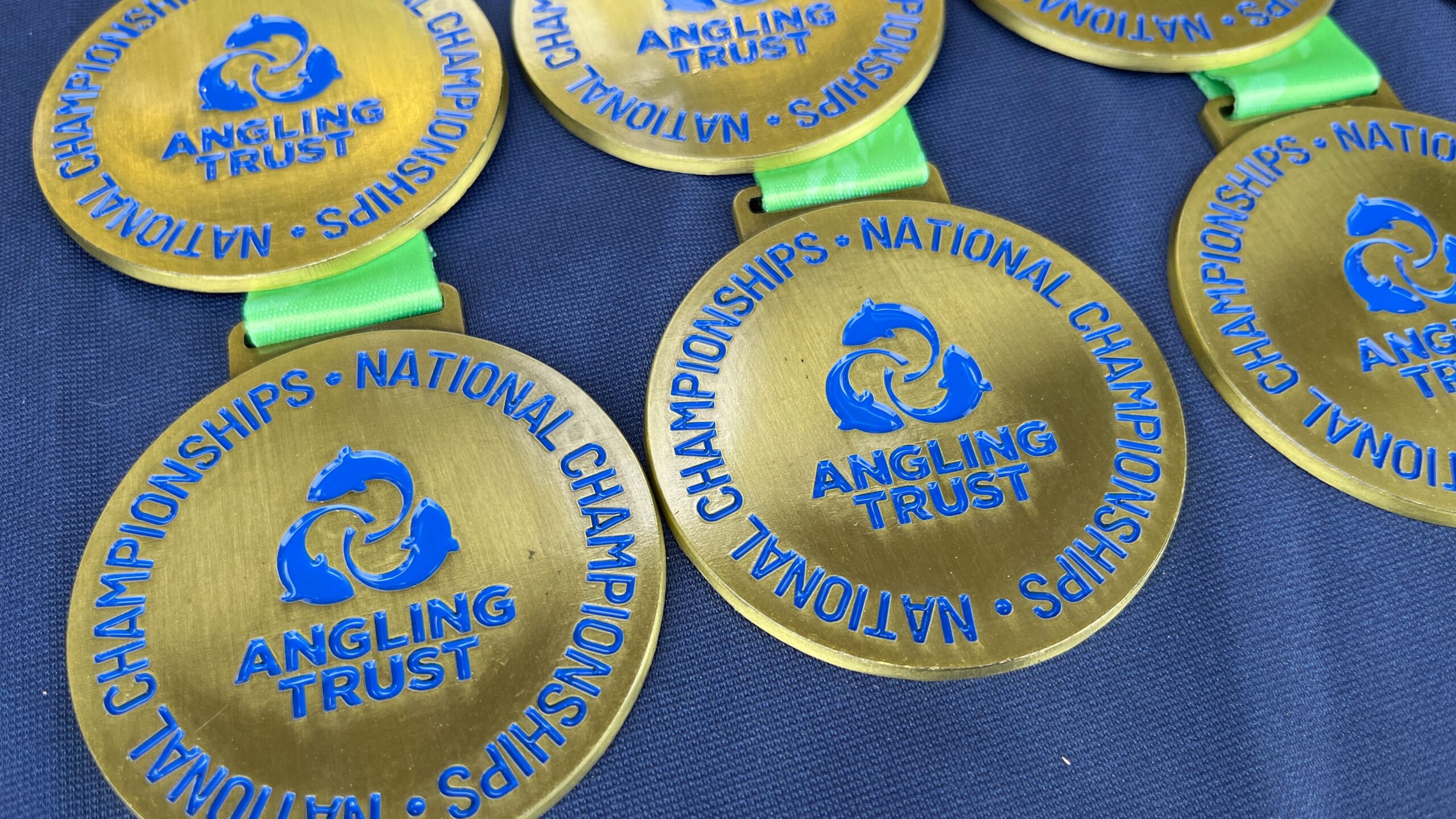
Angling Trust 2024 National Coarse Competitions Overview
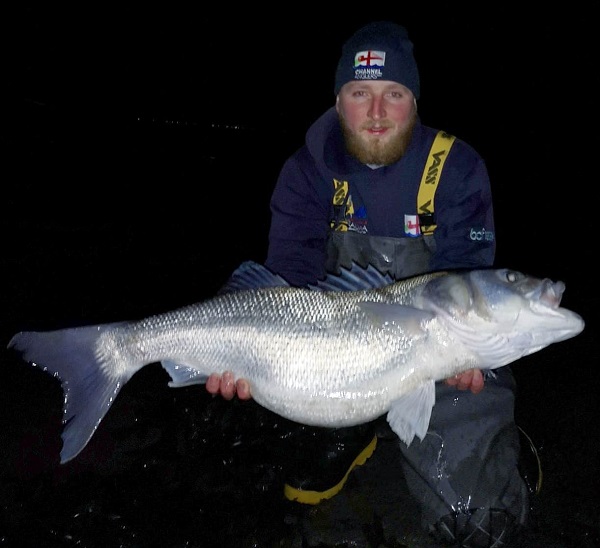
Anglers represented at inaugural Bass Fisheries Management Group meeting…
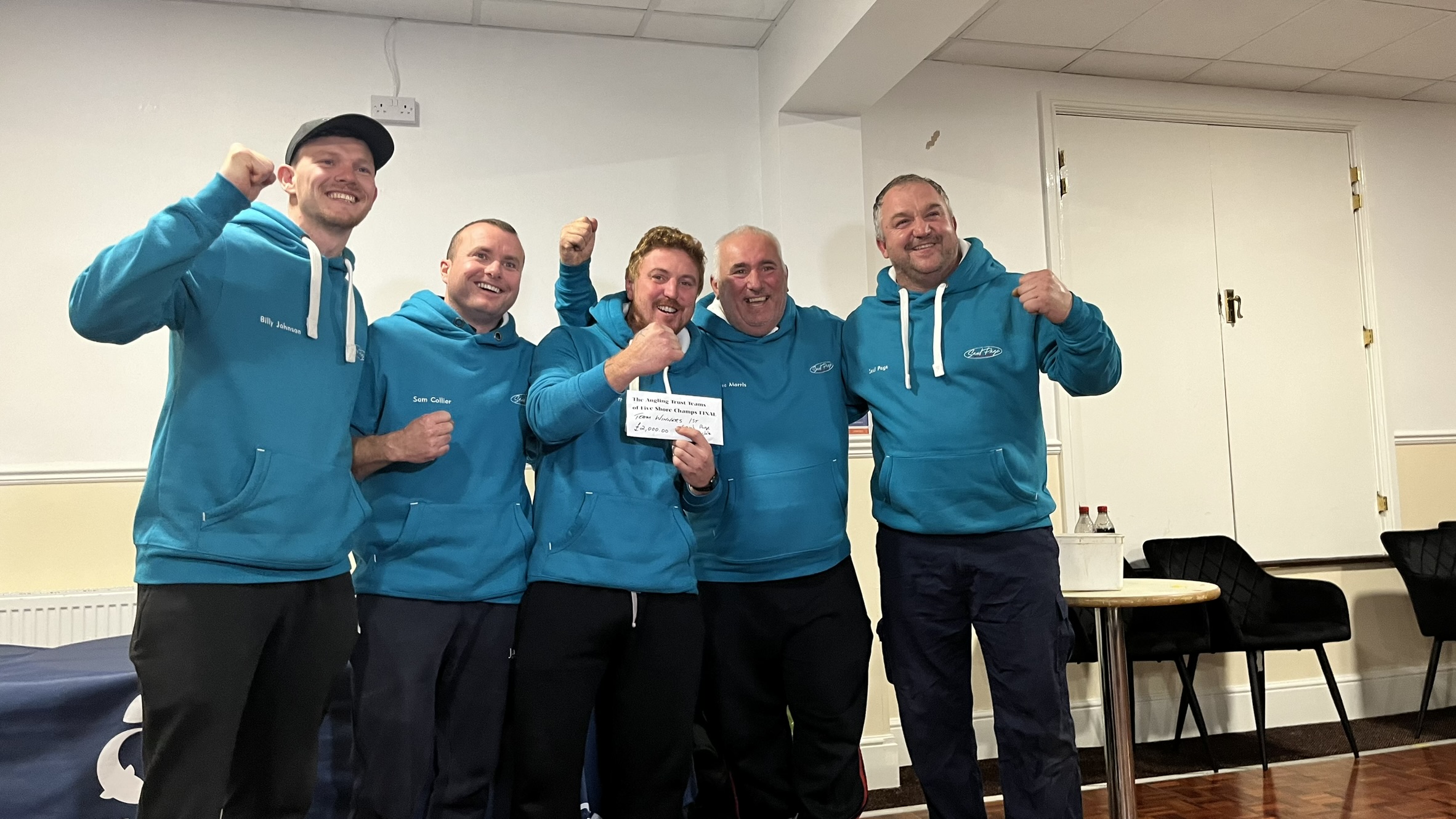
TEAM SAUL PAGE TACKLE WIN ANGLING TRUST TEAMS OF…

The Mighty Trent: A love letter to Britain’s greatest…
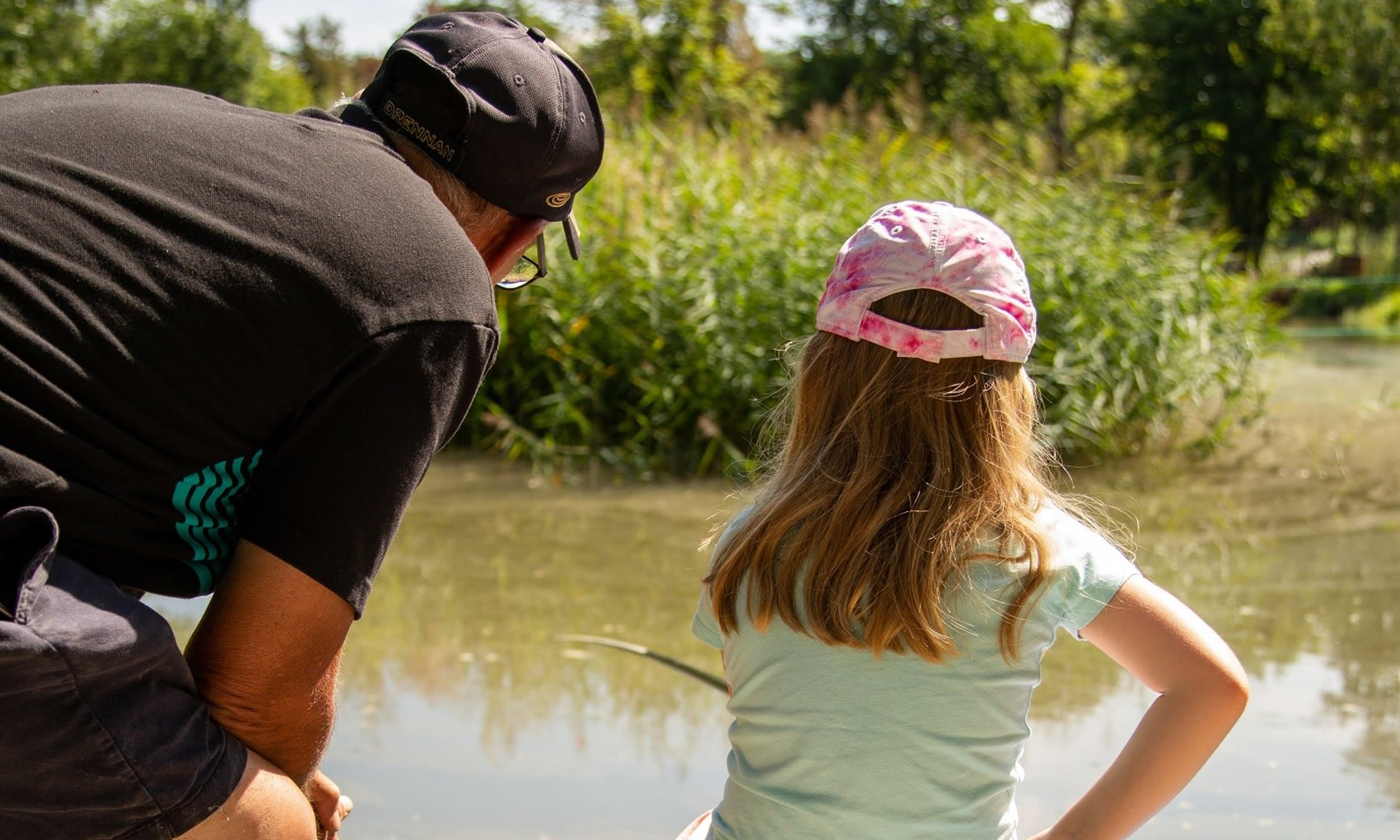
The Environment Agency and Angling Trust Get Fishing Fund…

New Fisheries Support Service launched to help clubs and…

March for Clean Water – join us on Sunday,…

Angling Trust welcomes largest review of water companies since…
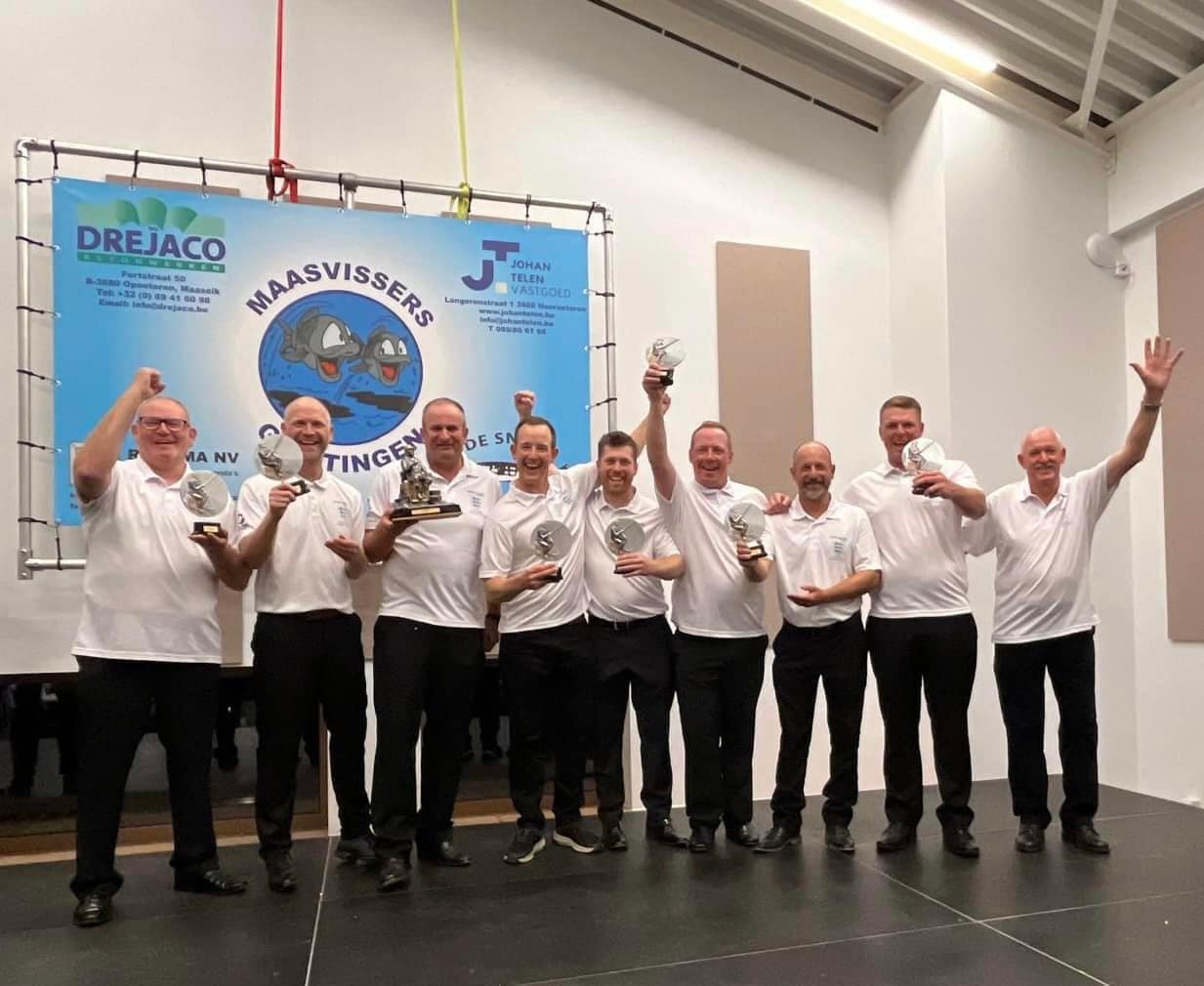
ENGLAND WIN SILVER, RINGER TAKES GOLD, AND MASTERS FINISH…
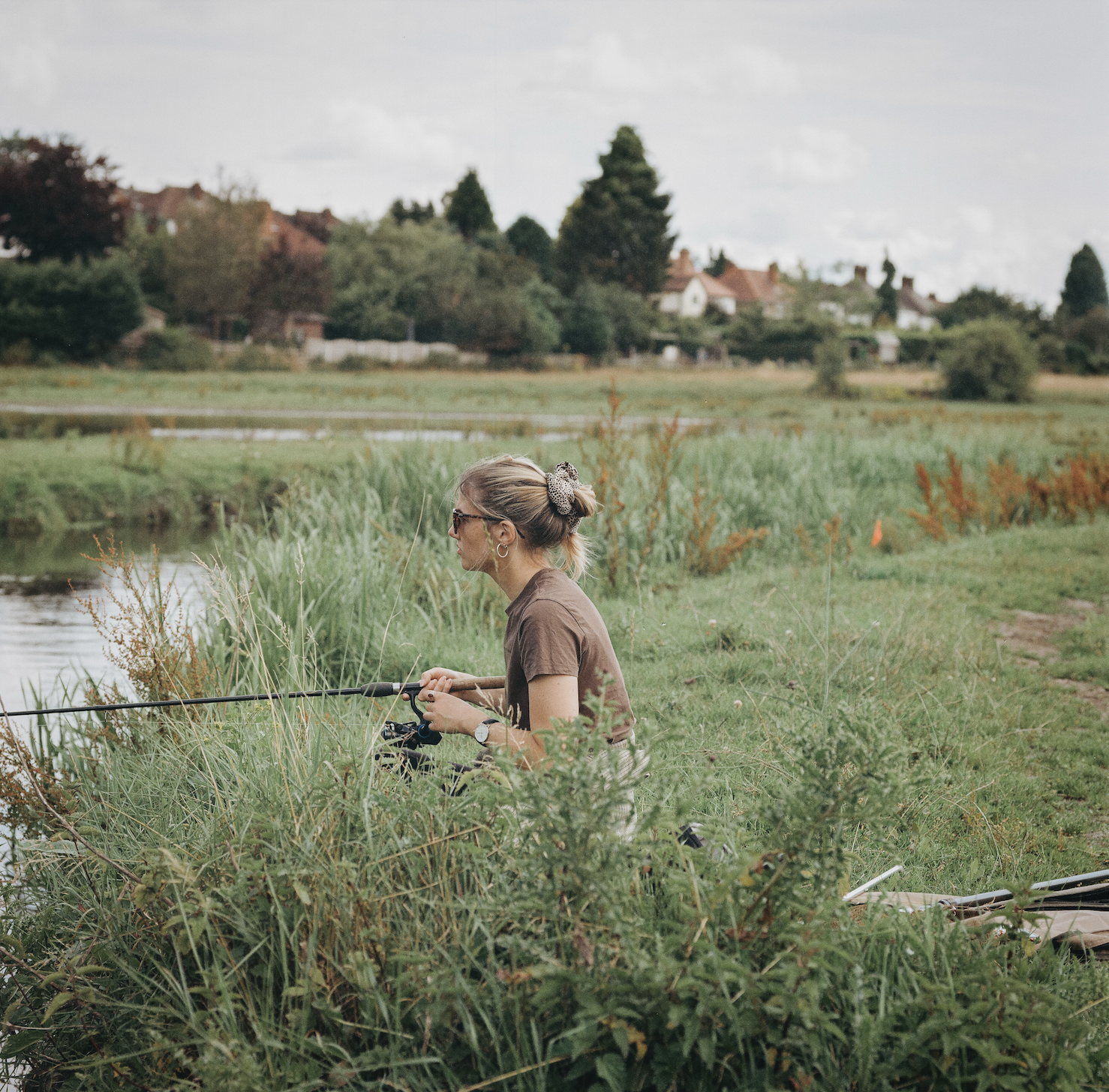
‘Lady of the Stream’ photographer Amber Banks Brumby captures…

ANGLING TRUST APPOINT NEW MANAGER FOR ENGLAND DISABLED TEAM
